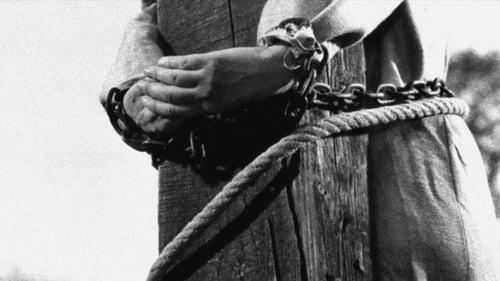
Director

Director
This film is based on the testimonies of some of the actors still alive (in 1995-1996) of the Occupation period, whether they were on one side or the other. Each of them tells the story of the French militia, which was created in Vichy at the end of January 1943 by Pierre Laval, from his own point of view.

Director
The carnage in Sarajevo provides the focus of this French documentary which seeks to call attention to the terrible conflict in the hopes of finally ending it. The film is divided into five parts. Each part covers a time frame ranging from April 4, 1992, the beginning of the war, to the present. The major issues that occur are three-fold. It depicts the systematic genocide of Bosnians, the silence of Western countries, and the determination of the Bosnians to resist. They refuse to be seen as victims, even though the filmmakers portray them so. Also included are the origins and political aspects of the war. It offers interviews with participants. It also reveals how the U.S. State Department censored reports about Serbian death camps.

Director
Directed by Alain Ferrari and Thierry Ravalet.

Director
Portrait of American-born Greek soprano Maria Callas with excerpts from the following programs or films: "Grande Nuit de l'Opéra 1958", "Trois Jours avec Maria Callas", "L'invité du Dimanche", and "Médée" (1969) by Pier Paolo Pasolini.

Writer
Koumba is a brave boy, and a good son who works on a plantation. He leaves his native town of Ngounié to repay the dowry of his sister.

Second Assistant Director
Ruan, Normandía, 1431, durante la guerra de los Cien Años. Después de ser capturada por soldados franceses pertenecientes a una facción contraria, Juana de Arco, la Doncella de Orleans, es juzgada injustamente por un tribunal eclesiástico supervisado por sus enemigos ingleses.




